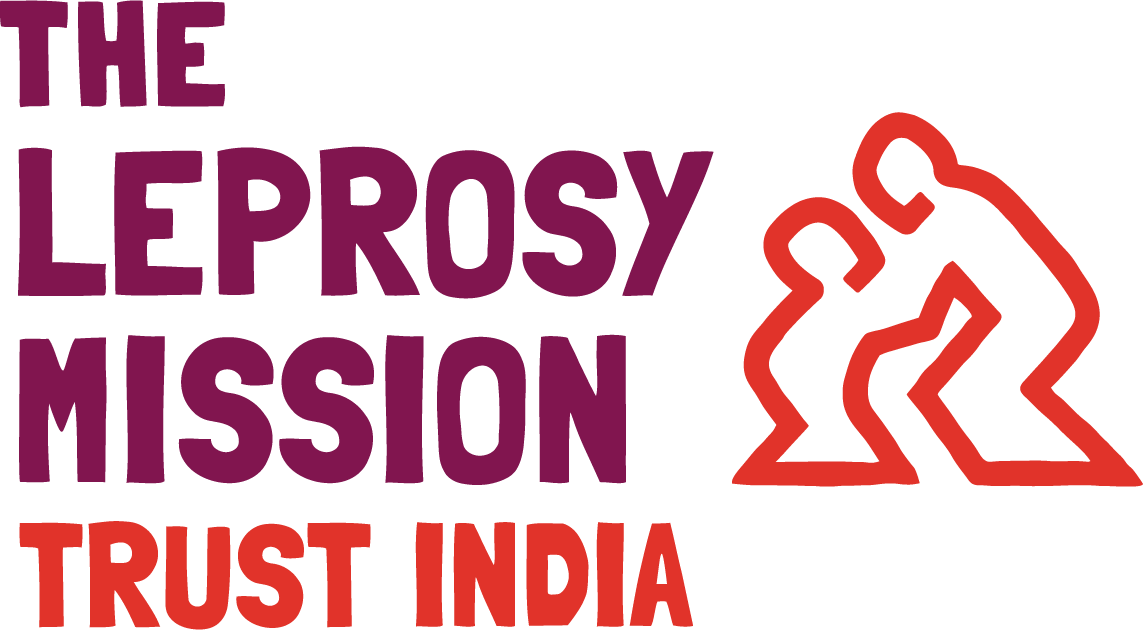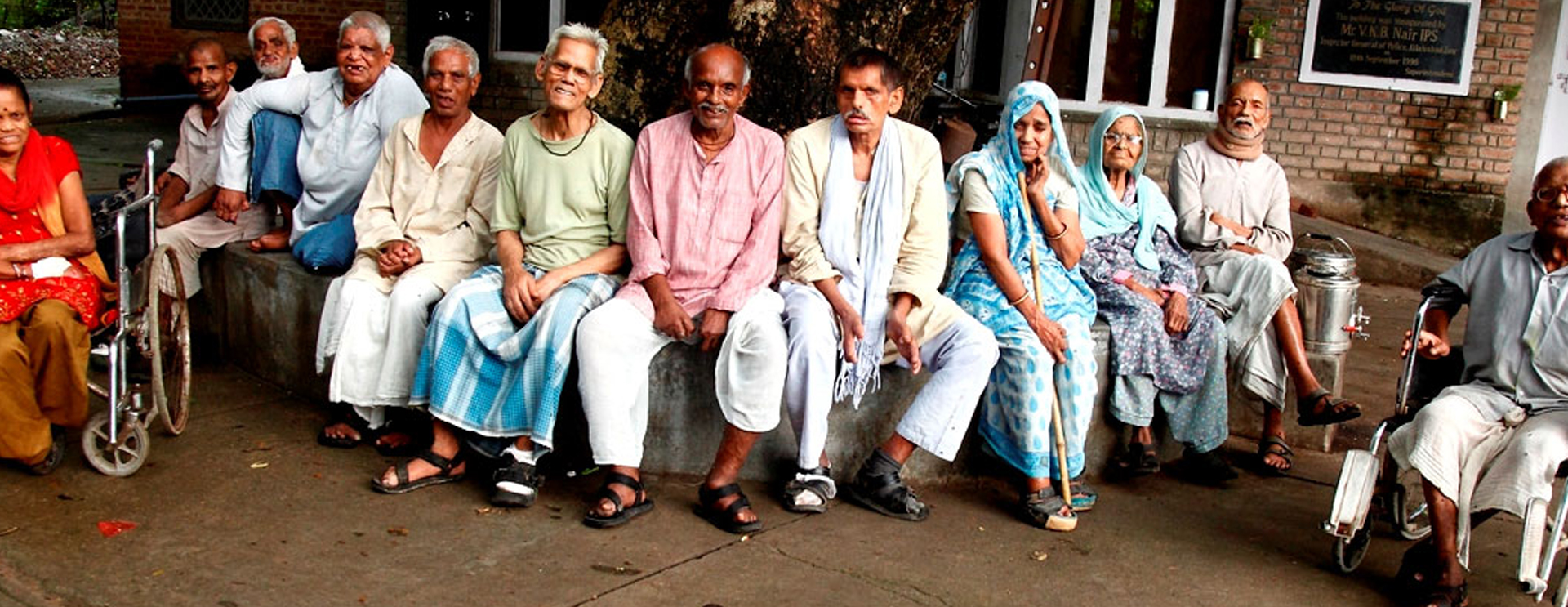Snehalayas
Compassionate care when old age, leprosy, and rejection strike
Many elderly persons affected by leprosy are rejected by their families and ostracised by the community because of leprosy-related disabilities and the stigma attached to the disease. They have no means of livelihood and no one to look after them. The Leprosy Mission Trust India (TLMTI) provides them geriatric care in residential settings in its four Snehalayas (Snehalaya is a Hindi term which means House of Love).
Leprosy takes a heavy toll on persons affected by the disease. Stigma and/or disability impact their lives in many ways. Leprosy affects their emotions, thoughts, behaviour, relationships, and livelihood. Even people cured of the disease face stigma and discrimination. In many cases, their own families reject them lest the other family members face the social consequences of leprosy-related stigma. It becomes all the more difficult if they are elderly persons, having crippling deformities that make them dependent on others for carrying out activities of daily living.
Many elderly persons affected by leprosy are rejected by their families and ostracised by the community, and they have no means of livelihood and no one to look after them.
TLMTI provides them geriatric care in residential settings in its four Sneshalayas in three states of India. These states and the Snehalayas are:

Uttar PradeshTLM Faizabad Snehalaya and TLM Naini Snehalaya (attached to TLM Faizabad Hospital and TLM Naini Hospital, respectively)
West BengalTLM Bankura Snehalaya and TLM Purulia Snehalaya (attached to TLM Bankura Vocational Training Centre and TLM Purulia Hospital, respectively)
TLMTI provides them holistic care for their physical, mental and spiritual well-being. The average age of Snehalaya residents is 75 years. Many of them are living in the Snehalayas for over 40 years. Presently, there are 90 residents (49 men and 41 women) living in the Snehalayas.


